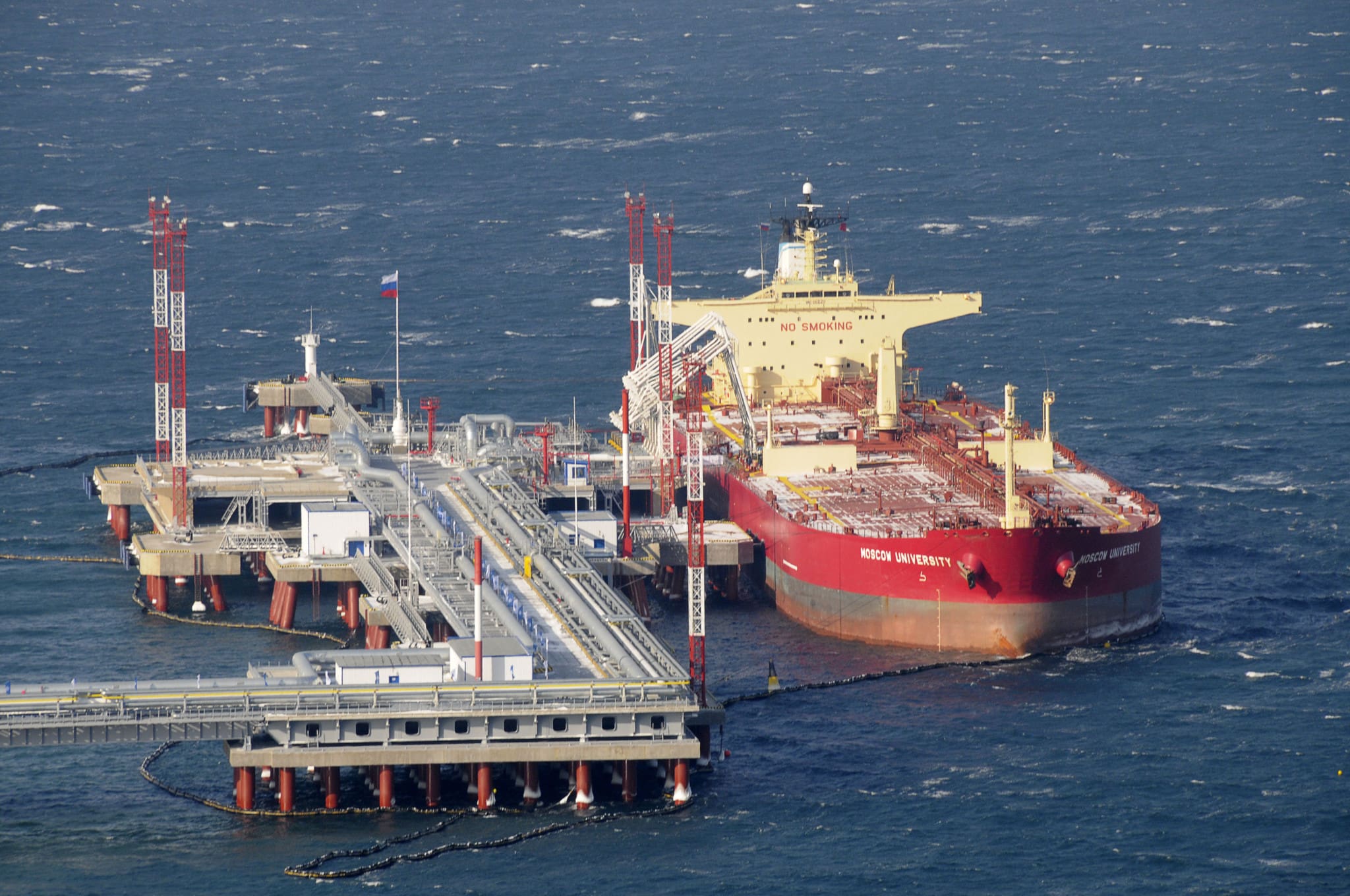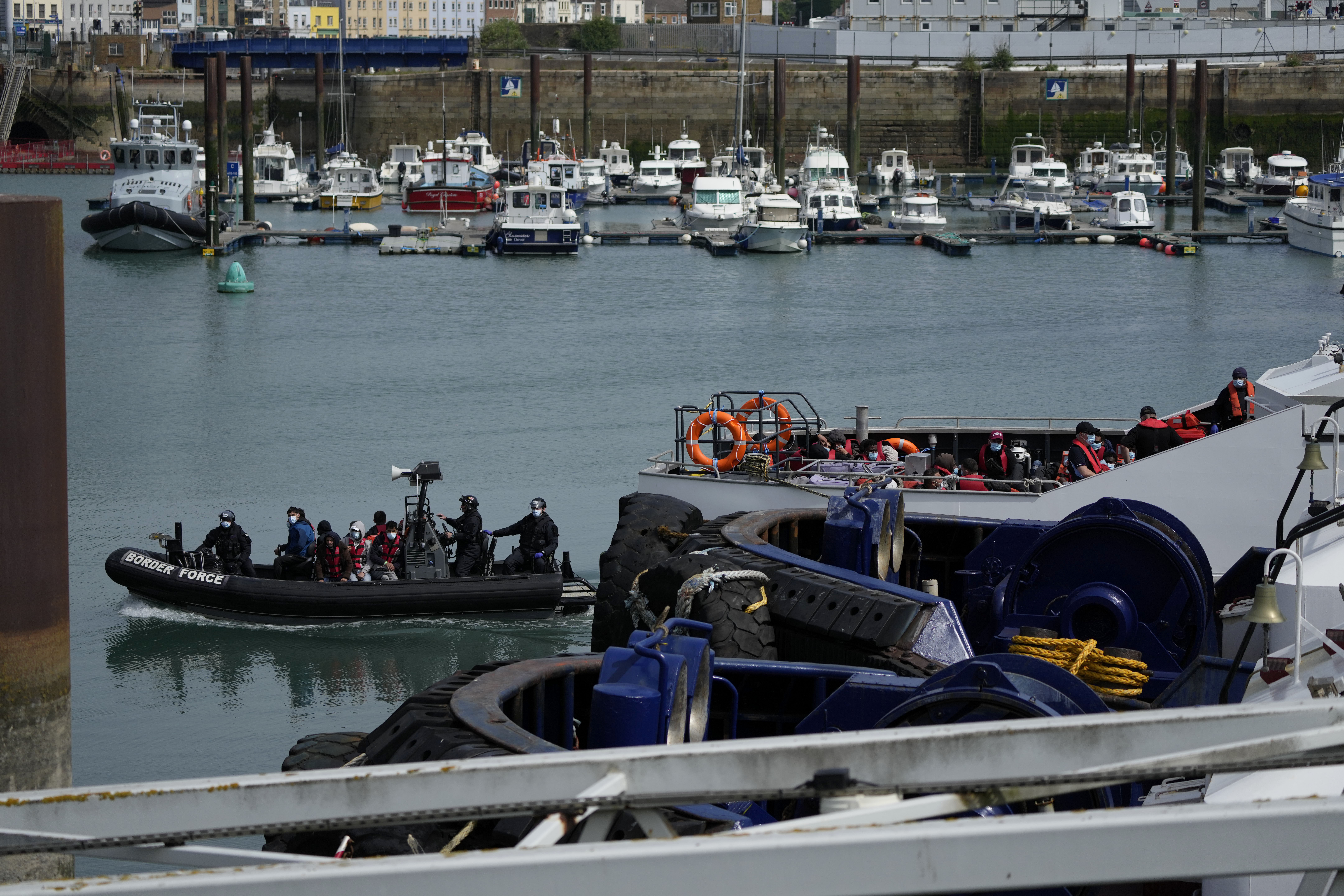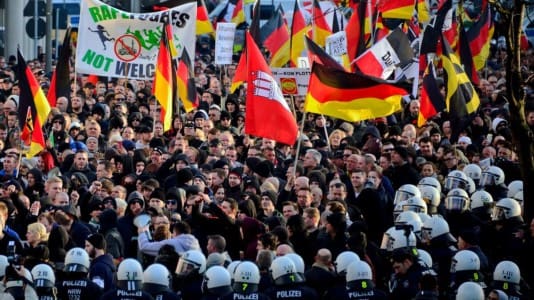The European Commission, in collaboration with the EU’s top diplomat Josep Borrell, has submitted its proposal for a 12th round of anti-Russian sanctions for consideration by EU leaders.
The European External Action Service (EEAS) confirmed in a press release on Wednesday that the submissions would see the bloc “adopt new bans on imports and exports, as well as measures to tighten the price ceiling for oil and also in the fight against the circumvention of EU sanctions.”
The plans target a further 120 individuals and entities with ties to Moscow “for their role in undermining the sovereignty and territorial integrity of Ukraine,” including “actors from the Russian military, defense, and IT sectors, as well as other important economic operators.”
The EU’s diplomatic service also proposes a ban on direct diamond imports from Russia starting at the beginning of next year and the introduction of a traceability mechanism to detect Russian gems arriving into the bloc from third countries.
[pp id=88784]
Brussels reaffirmed its commitment to maintaining pressure on Russia “to stop its repeated violations of the U.N. Charter and international law and to make these violations more costly for the Russian war machine.”
Support for further sanctions on Russian entities has dwindled among a European population growing in apathy concerning the ongoing conflict in Ukraine.
Several EU leaders including Hungarian Prime Minister Viktor Orbán and his newly elected Slovak counterpart Robert Fico have expressed their opposition to further sanctions they claim disproportionately affect their countries’ citizens whilst simultaneously failing to bring the conflict towards a conclusion.
[pp id=96138]
A number of increasingly popular opposition parties across Europe have also campaigned against further sanctions, including the Alternative for Germany (AfD) party, which sits second in national polls, and the Austrian Freedom Party (FPÖ) leading the way in its respective nation.
EU leaders are expected to debate the proposals on Friday, and a unanimous agreement would need to be reached for the plans to take effect.






